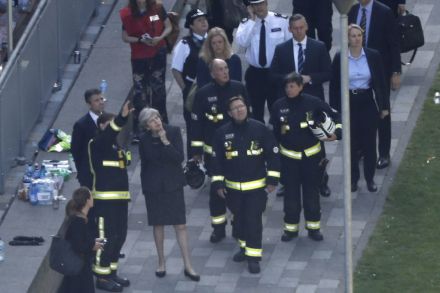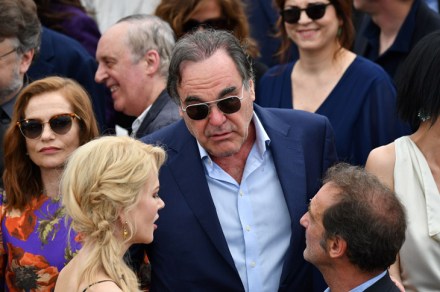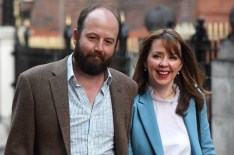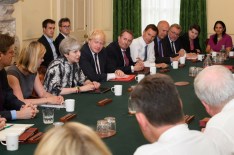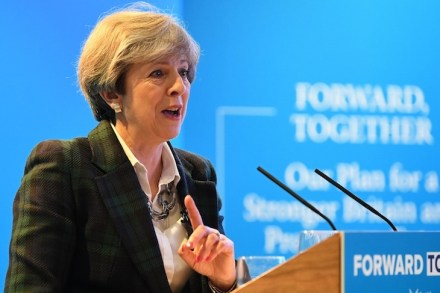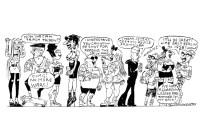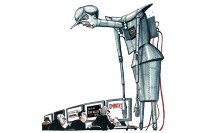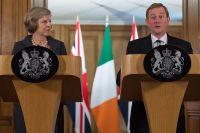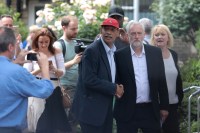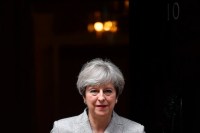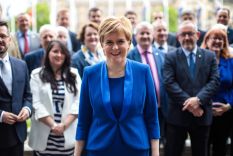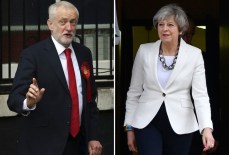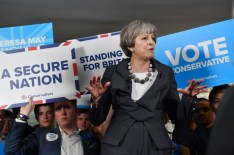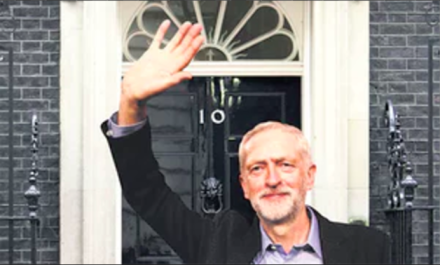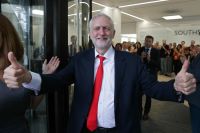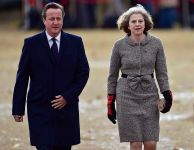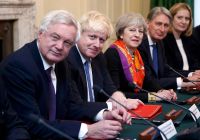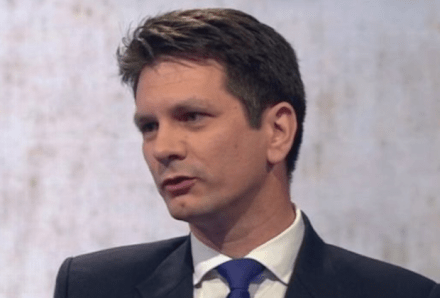Grenfell Tower: Theresa May’s ‘Hurricane Katrina’ moment?
We don’t yet know what caused the Grenfell Tower blaze. Yet already one thing is clear: this devastating fire, in which at least 17 people – and possibly many more – lost their lives, should never have happened. Grenfell Tower is turning into Theresa May’s ‘Hurricane Katrina’ moment, says the Guardian, which contrasts Jeremy Corbyn’s decision to meet those affected and his ‘promise to find the truth’ with the Prime Minister’s decision to make no ’contact with the shattered survivors’. May looks ‘off the pace, inarticulate, seemingly uncomprehending – a leader failing the great ordeal by disaster that is the ultimate test,’ the paper argues. The Guardian says this is
